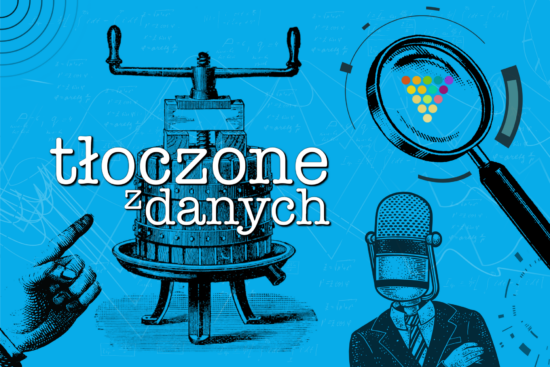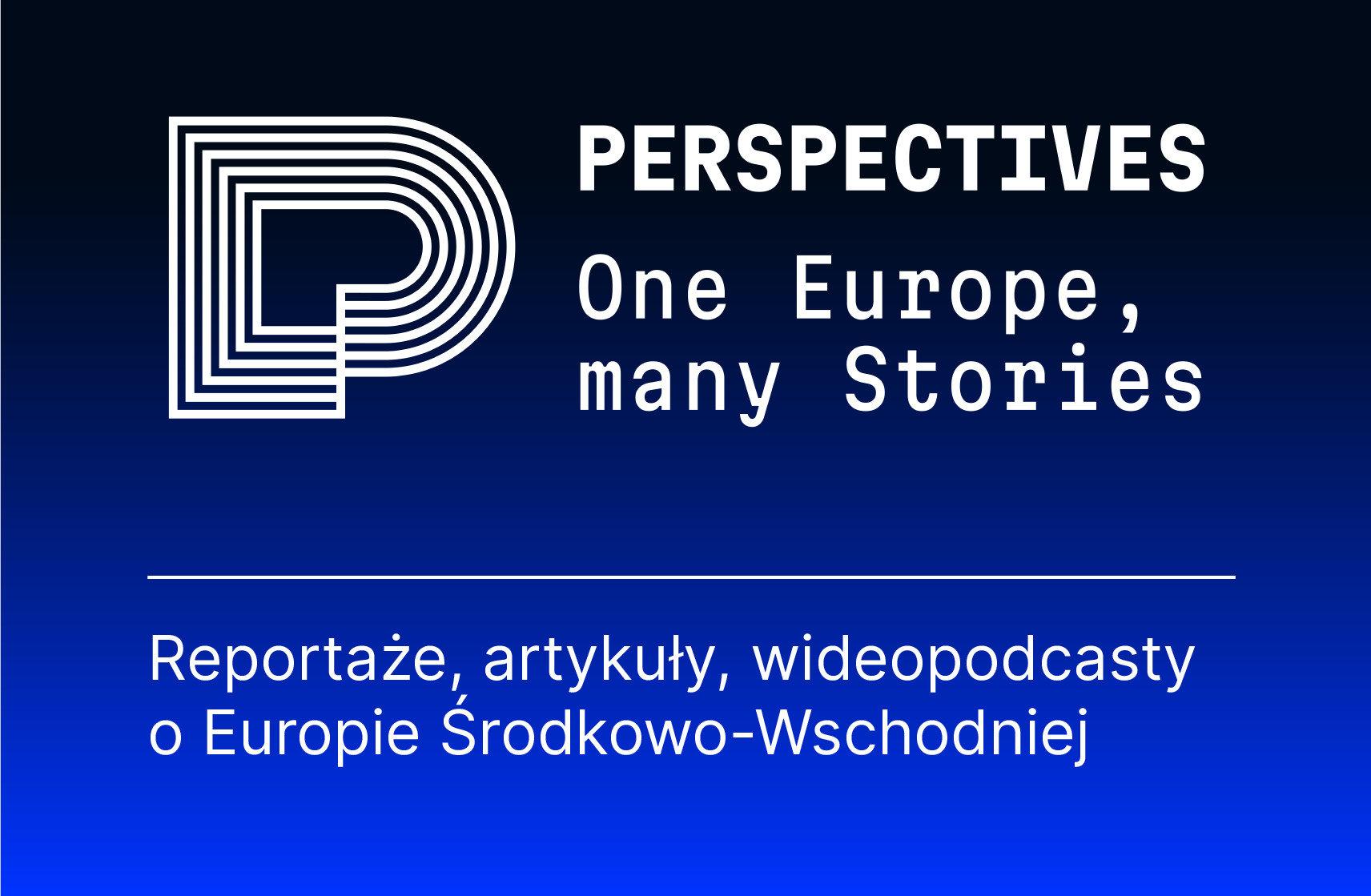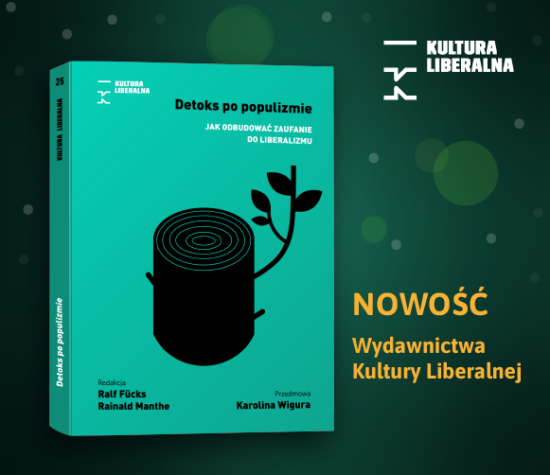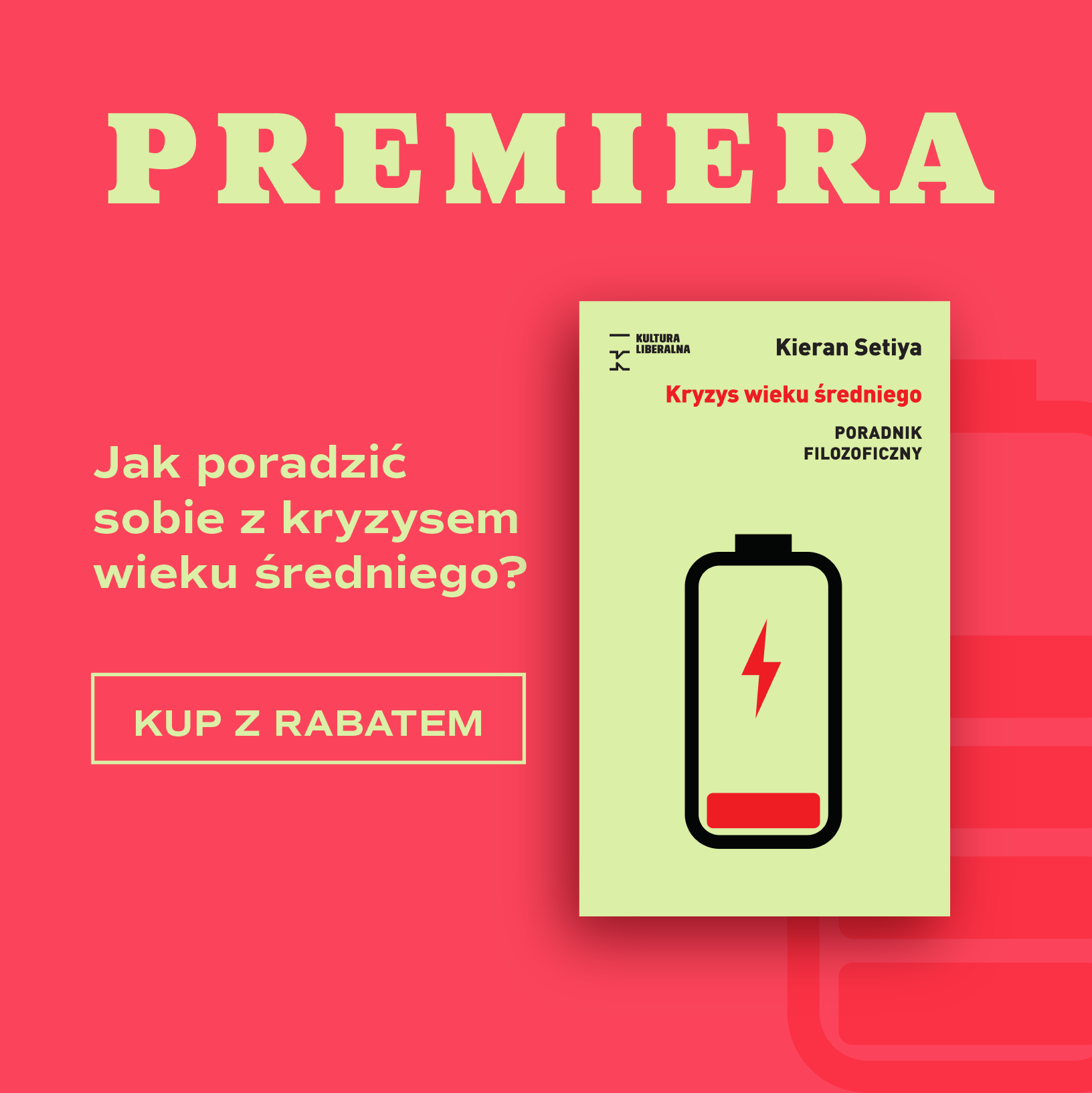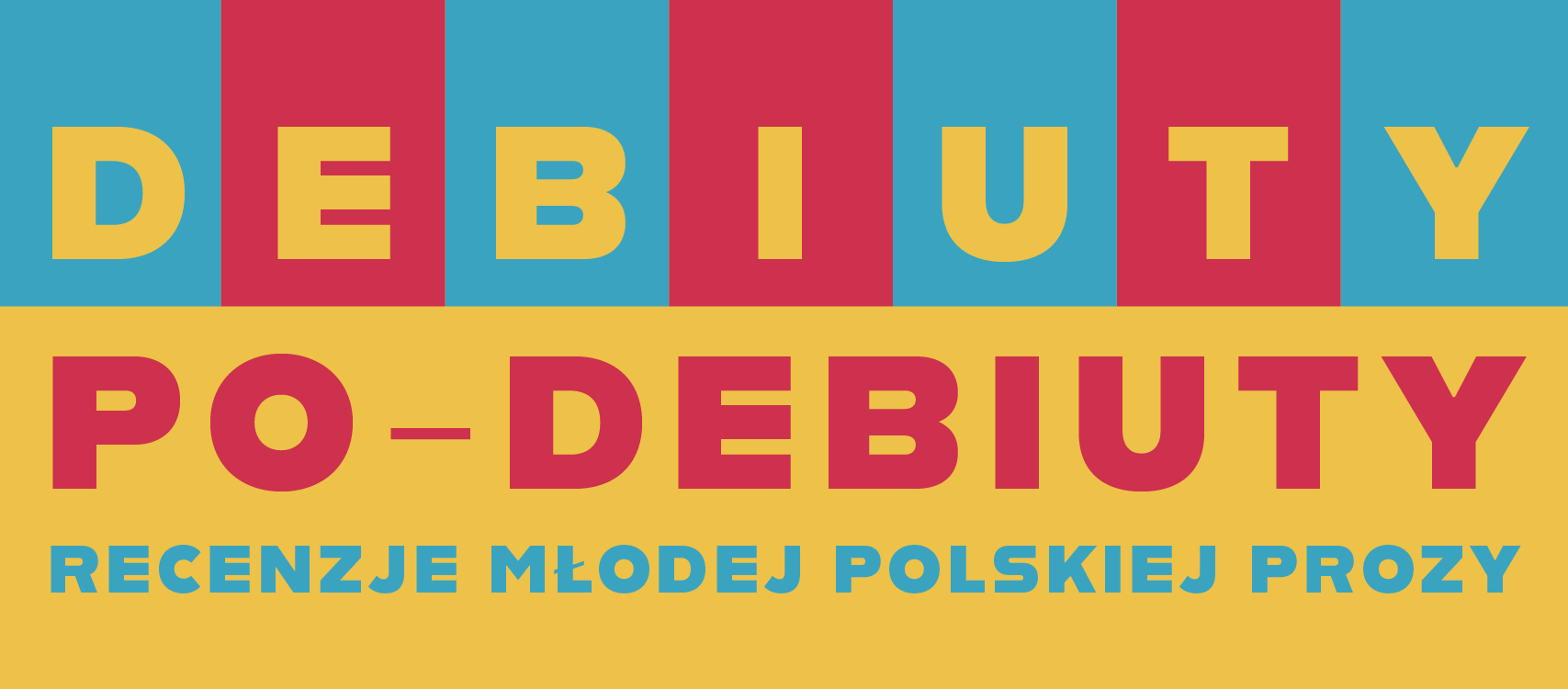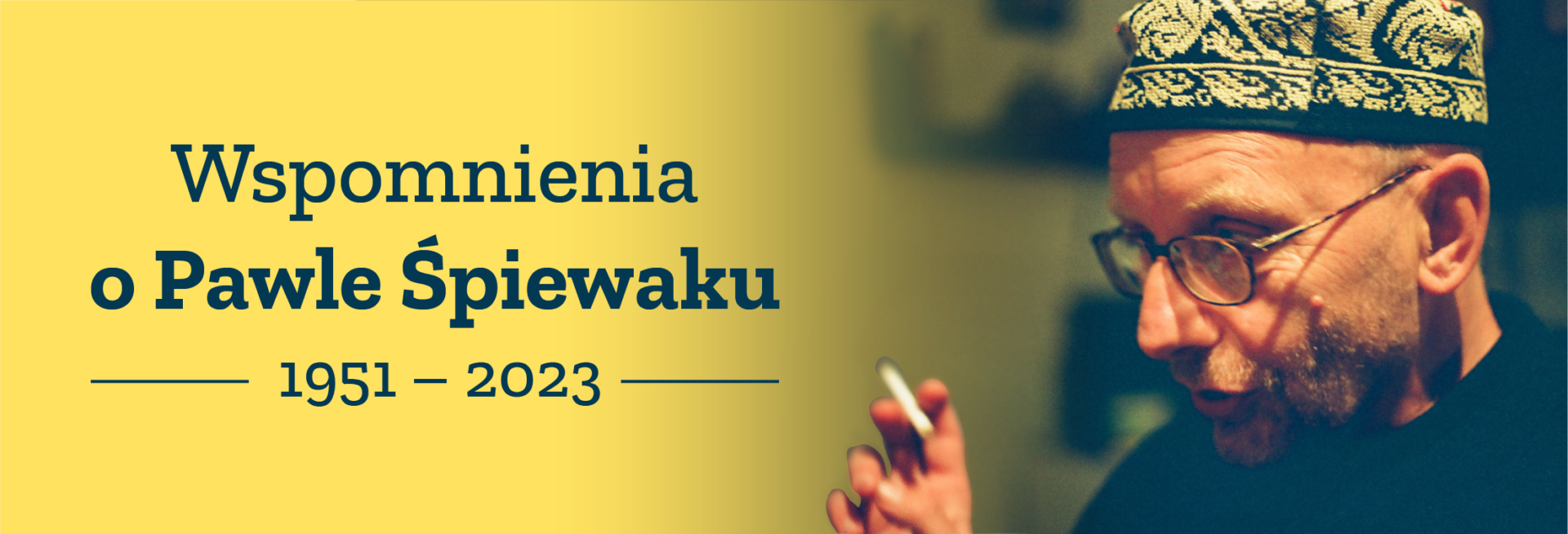KULTURA LIBERALNA > Pytając > Long Shadows
Long Shadows
Long Shadows
When Mirjana Kosic is speaking about the divisions in Serbian society her voice vibrates with emotion. Asked about the vision of the future, she chooses to talk about challenges and not dreams. Serbia, with its 15 national minorities and still sensitive borders is steering back to Europe. And Mirjana, who runs an NGO called Transconflict, is steering the conflicts to become the cure and not the poison.
Anna Mazgal: Who are you, Mirjana?
Mirjana Kosic: I am originally from Bosnia and Herzegovina (though an ethnic Serb) where I used to work as an English interpreter and translator. For the past three years, however, I have been living in Belgrade. One of the reasons I find it difficult to live in Bosnia and Herzegovina is a still present perception that all Serbs from Bosnia are genocidal, thus blaming all Serbs for the war crimes of particular individuals.
Anna Mazgal: Do Serbs talk openly about the past?
Mirjana Kosic: Serbian society at large is generally split around a number of issues. Interpretations of the conflict in the former Yugoslavia are also very diverse. There is an overall understanding that the war in Yugoslavia broke out because of Milosevic’s dream of a 'Greater Serbia’. That is the general perception among the Bosniak (Bosnian Muslim) population in Bosnia and Herzegovina. I must say that I don’t entirely agree with that because it takes more than one side to have a war. A lot of people see that it was a civil war, even though the Croats and Bosniaks in Bosnia would claim that it was the military aggression of the then Yugoslavia. Therefore, the people in Serbia have different interpretations as to the very origin of the war and why the conflict emerged in the first place.
It is very unfortunate that a significant percentage of the Serb population still do not see Ratko Mladic as a war criminal. They believe that he was a military officer whose only job was to protect his people. I find it very difficult that people do not want to accept that he was responsible for the most atrocious crimes committed in contemporary history. He must be punished, there is no argument about that. At the moment, he is holding the whole country a prisoner.
Anna Mazgal: Any political steps towards ironing out these mixed interpretations?
Mirjana Kosic: I must say that the Serbian government made a historical step by adopting the Resolution on Srebrenica this summer, which was actually the most important step on the way to reconciliation in the region. President Tadic went to Croatia and to Bosnia and Herzegovina and apologized to the families of victims and all those who suffered during the war in these countries. This act was reciprocated by the Croatian President Josipovic, who commemorated the Bosniak victims of war crimes committed by the Croatian forces in Bosnia and Herzegovina. However, as long as there is a sentiment both amongst former Yugoslav republics and the international community that Serbia was the only one to be blamed for the war, it will simply perpetuate antagonisms.
Anna Mazgal: It does not seem as a project with a set time frame?
Mirjana Kosic: This process will take decades. It will not happen due to the healing nature of time itself, nothing will happen if things are solely left to that. Instead, concrete actions have to be intensified and they need to include all sections of society.
Anna Mazgal: What is the current shape of the civil sector?
Mirjana Kosic: Civil society is split between those who openly proclaim themselves as promoting the EU integration path, and who are mostly supported by foreign embassies and foundations. On the other hand, you have a considerable number of civil society organizations that promote entirely different values and lean towards a more 'rightist’ perspective. They call themselves “patriotic” and they also represent a significant part of the population. A sort of a national, ethnic representation. So we see a paradox – the NGO sector also has its own internal opposition that is in many ways similar to the political sphere.
Anna Mazgal: Does it have something to do with the problems with the EU integration?
Mirjana Kosic: Until recently, the Dutch Parliament was the main obstacle for Serbia to acquire the status of a candidate country. The main argument was the lack of full cooperation with the Hague Tribunal and the failure of Serbia to extradite Ratko Mladic and Goran Hadzic, the last two war criminals indicated by the International Criminal Tribunal for the former Yugoslavia. Even though the Serbian government has tried to reassure the European authorities that they are doing their best to bring them before the ICTY, it is still perceived as insufficient.
Also, there is almost a sense of fatigue within Serbia with the EU being fatigued with us! Sometimes we have the feeling that the momentum has been lost. A lot of money has been invested in the past years in education on various issues, however the language adopted by politicians is simply incomprehensible for ordinary people. They can’t understand how the process of integration is directly related to their day-to-day lives. It angers me to see such an attitude towards people in less developed areas, as if they were less capable of understanding or simply stupid. Well, they aren’t, it’s just that nobody really bothers to talk to them and explain to them what has happened and why. So of course that they will feel more entrenched in their largely nationalistic point of view.
Anna Mazgal: It seems that politically the situation is getting better but we can still see the long shadows of the past over the society. Moving from politics to the day-to-day life, how do these issues resonate in communities? What do you see when you travel?
Mirjana Kosic: Serbia is a very centralized country. There is an enormous disparity in development between Belgrade, as the center, and other parts of Serbia. Central regions are far more progressive than, for example, southern or western parts. There people feel that they have been neglected deliberately by the government. It is because of their ethnicity, which naturally breeds a lot of antagonism and resentment. Many of them who belong to the Bosniak minority do claim their loyalty to the country, meanwhile others show much stronger sentiment towards Sarajevo or even Turkey.
It is very difficult to create an idea of today’s Serbia only by looking at Belgrade. Belgrade itself does not represent Serbia at all. The eastern part also remains marginalized, with very poor infrastructure and hardly any development. Most of this area is higly agricultural, with huge tourist potential, however, many people left Serbia for Denmark or Germany because they had no jobs or opportunities. Another problem is an increasingly aging population, which can particularly be seen in Serbian villages throughout the country.
Southern Serbia, which has a large Albanian population, is a poverty-struck region, with pervasive tensions between the Albanian and local Serb communities. The border area is patrolled by the army, which adds to the constant anticipation of potential conflict.
Having said all that, I think that it is a shame that Serbia has not been applauded more for the way it has been dealing recently with more than 15 of its national minorities. Certainly, there are issues and tensions, but we see that across Europe, such as problems with the Roma community in Romania, Hungary, as well as in France. What we try to do as TransConflict is to program our activities without prejudice or exclusivity. We try to work with individuals, with the private sector and the government, political parties and MPs, the media and civil society. That is the main principle of the theory of conflict transformation.
Anna Mazgal: How does this principle translate to your everyday work?
Mirjana Kosic: We have a project of regional cooperation between Serbia and Bosnia and Herzegovina along the river of Drina (the region called Podrinje), which is the natural border between these two countries. Back in the times of socialist Yugoslavia and even before that, these communities were a mirror image of each other. There was a lot of mixing of population, there are still many family ties and friendly connections preserved until now. During the war in the nineties, that cooperation and exchange ceased and only now people are slowly moving towards renewing old ties.
So what we tried to do through this project was to lobby 13 municipalities in Serbia and 12 municipalities in Bosnia, along with the regional chambers of commerce, to support the idea of cooperation, which was eventually endorsed by the competent ministries in Serbia and the Republika Srpska (one of Bosnia’s two entities). We believe that this project is very important for reconciliation, because the municipality of Srebrenica is located in this region and is an enthusiastic participant in the project.
In the process of peace-building and conflict transformation, once people start talking about day-to-day issues – such as economic development, infrastructure, regional cooperation and the creation of a common market – then they can begin to see the power of their unified potential in other markets. It also increases the possibility of securing EU pre-accession funding. It shifts the dialogue to an entirely different level, where people are more than happy to work together.
Anna Mazgal: What is the role of your organization on the map of people collaborating on concrete issues?
Mirjana Kosic: First of all, we do not negate the existence of conflicts, as conflicts are part of day-to-day human interaction. We are trying to use the force of a conflict and transform it into a positive force for change. Thus, conflicts cannot be treated as problems that simply have to be uprooted. You cannot impose a solution on people if they don’t feel that they need a solution. Our aim is to identify and map conflicts, and then to use the positive forces contained within to find solutions acceptable to all parties involved.
Anna Mazgal: A compromise?
Mirjana Kosic: It actually surpasses a compromise. If you compromise, there is a danger that at least one side will remain dissatisfied and believe that they gave away a little bit more than the other. In conflict transformation, you try to work out a settlement that contains elements that are satisfactory for all parties. It is a very gradual process and it involves all actors. The process of conflict transformation is usually open-ended, because we do not determine what we want to achieve. Very often, we don’t necessarily have a clear idea what the resolution will be, so we are simply leading the process in a direction that would be beneficial for everybody. It would be counterproductive to have a predetermined result and try to do everything at any cost to achieve it.
Anna Mazgal: An example?
Mirjana Kosic: In the project of regional cooperation that I have previously mentioned, the authorities of Republika Srpska was that they could not accept the project being labelled as a project of ‘cross-border’ or ‘regional’ cooperation. They feared that the notion of economic regions could potentially undermine entity lines in Bosnia and Herzegovina, which is divided into two entities, the Republika Srpska and the Federation of BiH. As a result, we decided to call the project ‘Podrinje cooperation’, with an emphasis on the river Drina being a natural bond which connects these two countries into a common space rather than being a dividing line between them. Now, the very same authorities are the mosts vociferous promoters of the project.
Anna Mazgal: What is your vision of the future?
Mirjana Kosic: That is a difficult question. I think we need to have a realistic picture. The biggest problem is that the society and the civil sector is split between supposedly liberal and radical sides. There is a need to establish much better cooperation with the governing structures while finding a way towards greater self-sustainability. The NGOs can also be used much more as an advisory and analytical force for the benefit of all decision-making process. Within civil society, there is a need to abandon the mode of competition and to adopt a relationship of cooperation and coordination. There are countless projects which only serve to multiply and replicate things that have been done many times before, yet at the same time many areas continue to be ignored.
As long as we remain in the realm of politics and simple bilateral diplomacy, it will be very difficult for all of us to manoeuver within such a limited space. Once we get down to working for the community, with and within the community and the local authorities – that is where good things will start happening.
For more information please check: http://www.transconflict.com/”www.transconflict.com
* Mirjana Kosic, założycielka organizacji TransConflict (www.transconflict.com)
** Anna Mazgal, członkini redakcji „Kultury Liberalnej”, ekspertka Ogólnopolskiej Federacji Organizacji Pozarządowych. Reprezentuje OFOP w Obywatelskim Forum Legislacji.
„Kultura Liberalna” nr 96 (46/2010) z 9 listopada 2010 r.
Skoro tu jesteś...
...mamy do Ciebie małą prośbę. Żyjemy w dobie poważnych zagrożeń dla pluralizmu polskich mediów. W Kulturze Liberalnej jesteśmy przekonani, że każdy zasługuje na bezpłatny dostęp do najwyższej jakości dziennikarstwa
Każdy i każda z nas ma prawo do dobrych mediów. Warto na nie wydać nawet drobną kwotę. Nawet jeśli przeznaczysz na naszą działalność 10 złotych miesięcznie, to jeśli podobnie zrobią inni, wspólnie zapewnimy działanie portalowi, który broni wolności, praworządności i różnorodności.
Prosimy Cię, abyś tworzył lub tworzyła Kulturę Liberalną z nami. Dołącz do grona naszych Darczyńców!
PRZECZYTAJ INNE Z TEGO NUMERU
KOMENTARZE














